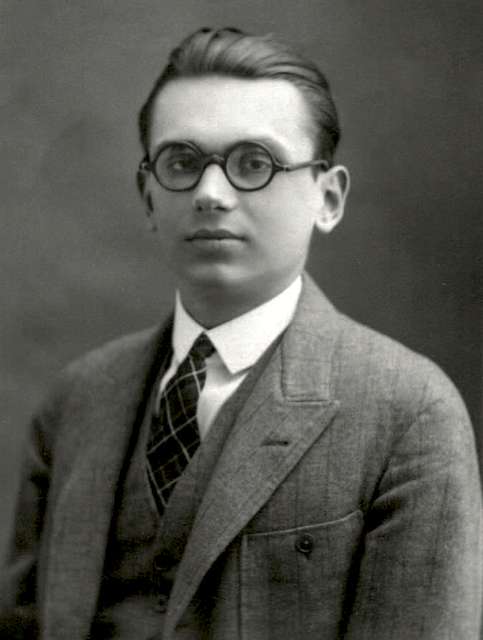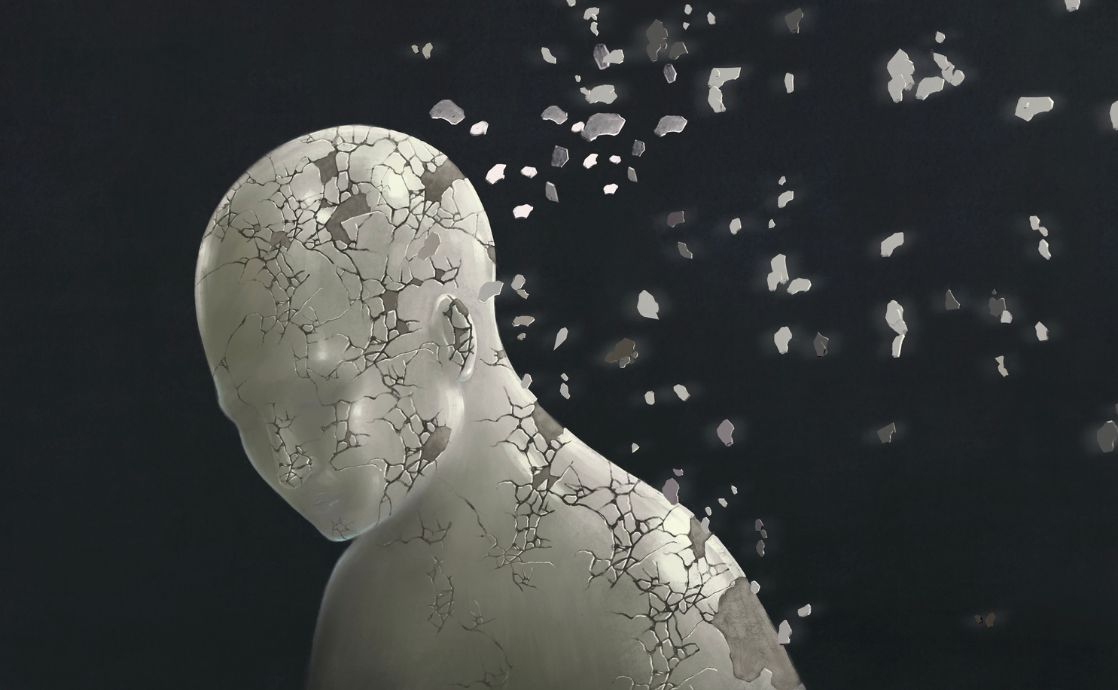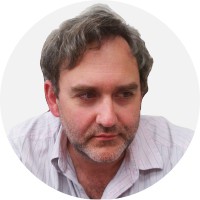The views expressed in our content reflect individual perspectives and do not represent the authoritative views of the Baha'i Faith.
How do the world’s most renowned scientists and theorists regard the spiritual realm? Can science and spirituality, so long at odds, find common ground? Can a scientist believe in the afterlife?
Kurt Gödel, the renowned logician and mathematician who had an immense effect on logic, on philosophy, and on the emerging field of theoretical computer science certainly did — he said “If the world is rationally constructed and has meaning, then there must be such a thing [as an afterlife].”
RELATED: Where Do We Go When We Die?

Among the remarkable constellations of geniuses that populated the early and mid-twentieth-century landscape, Gödel was a close friend to individuals like Einstein and Von Neumann. Gödel developed theorems that put hard limits on the “truths” we can access using formal logical systems.
I recently read this fascinating Aeon article — “We’ll meet again” by Alexander Englert — which details some of Gödel’s private thoughts about the afterlife, revealed in four letters he wrote to his mother in 1961.
In Englert’s article, I learned for the first time about Kurt Gödel’s fourteen-point outline of his deepest philosophical thoughts. As a scientist and as a person of faith, this really intrigued me, since it resonated strongly with many of the ideas that I’ve found in my studies of the Baha’i Faith. Here are Gödel’s fourteen points:
- The world is rational.
- Human reason can, in principle, be developed more highly (through certain techniques).
- There are systematic methods for the solution of all problems (also art, etc.).
- There are other worlds and rational beings of a different and higher kind.
- The world in which we live is not the only one in which we shall live or have lived.
- There is incomparably more knowable a priori than is currently known.
- The development of human thought since the Renaissance is thoroughly intelligible.
- Reason in mankind will be developed in every direction.
- Formal rights comprise a real science.
- Materialism is false.
- The higher beings are connected to the others by analogy, not by composition.
- Concepts have an objective existence.
- There is a scientific (exact) philosophy and theology, which deals with concepts of the highest abstractness; and this is also most highly fruitful for science.
- Religions are, for the most part, bad — but religion is not.
Englert’s Aeon essay provides some background to a few of these points via Gödel’s letters. For example on the first point, “The world is rational,” Gödel explained in a letter to his mother dated 23 July 1961:
Does one have a reason to assume that the world is rationally organized? I think so. For it is absolutely not chaotic and arbitrary, rather — as natural science demonstrates — there reigns in everything the greatest regularity and order. Order is, indeed, a form of rationality.
In another passage, Gödel went on to explain why the world’s rationality motivates his belief in an afterlife:
If the world is rationally organized and has meaning, then it must be the case. For what sort of a meaning would it have to bring about a being (the human being) with such a wide field of possibilities for personal development and relationships to others, only then to let him achieve not even 1/1,000th of it?
This also relates to Gödel’s fifth point: “The world in which we live is not the only one in which we shall live or have lived.”
Remarkably, these ideas were first formulated by Abdu’l Baha, who originally stated them more than half a century earlier in his 1906 book “Some Answered Questions”:
… nature is subject to a sound organization, to inviolable laws, to a perfect order, and to a consummate design, from which it never departs. To such an extent is this true that were you to gaze with the eye of insight and discernment, you would observe that all things—from the smallest invisible atom to the largest globes in the world of existence, such as the sun or the other great stars and luminous bodies—are most perfectly organized, be it with regard to their order, their composition, their outward form, or their motion, and that all are subject to one universal law from which they never depart.
Abdu’l-Baha reinforced that point in another passage from “Some Answered Questions”:
… if a human life, with its spiritual being, were limited to this earthly span, then what would be the harvest of creation? Indeed, what would be the effects and the outcomes of Divinity Itself? Were such a notion true, then all created things, all contingent realities, and this whole world of being—all would be meaningless. God forbid that one should hold to such a fiction and gross error.
RELATED: Can We Die Joyously?
Compare, as well, Gödel’s fourth point “There are other worlds and rational beings of a different and higher kind,” with the views shared in the even earlier 19th-century writings of Baha’u’llah, the prophet and founder of the Baha’i Faith: “Know thou that every fixed star hath its own planets, and every planet its own creatures, whose number no man can compute” and “Know thou of a truth that the worlds of God are countless in their number, and infinite in their range. None can reckon or comprehend them except God, the All-Knowing, the All-Wise.”
Did the Baha’i teachings anticipate and foresee the insights of renowned scientists and thinkers like Gödel? In the next essay in this short series, we’ll look at the evidence in one specific area: reincarnation.
You May Also Like
Comments

















I must, however, point out an error of causation in your closing statement:
"Did the Baha’i teachings anticipate and foresee the insights of renowned scientists and thinkers like Gödel?" I would suggest that since the Baha’i teachings do in fact predate the "insights of renowned scientists and thinkers," it is in fact the Baha'i Teachings that "inspired" these insights, even if indirectly by enlightened understanding.
Just some "Food For Thought"! drhiguera